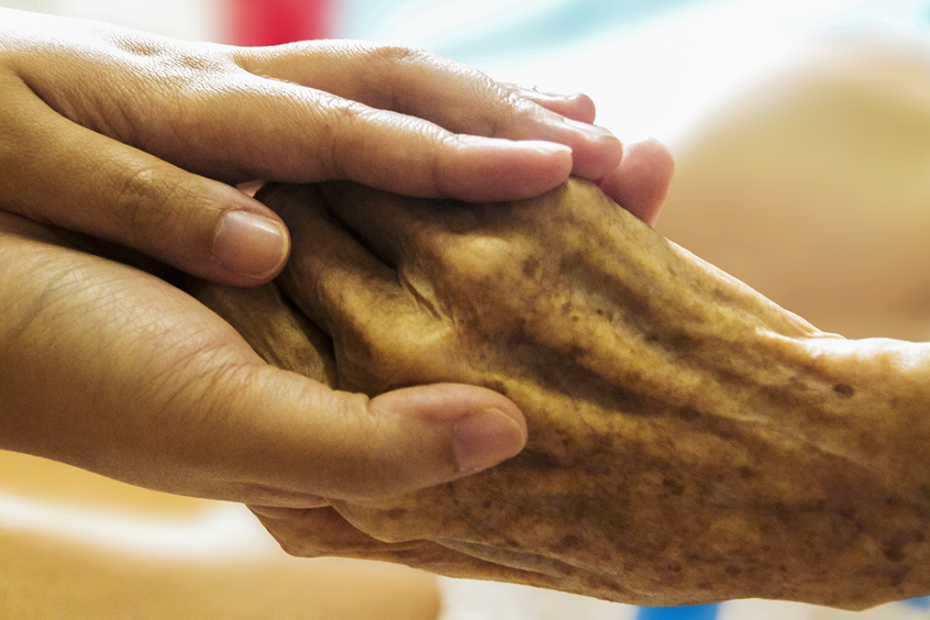Responding to the final report of the Royal Commission into Aged Care Quality and Safety, Catholic Health Australia (CHA) is calling on the Australian Government to concentrate on five key areas. They are:
- Placing families and older Australians at the heart of the system.
- Training the aged care workforce properly and paying them more.
- Greater transparency and disclosure to enable people to make informed choices.
- Secure funding to ensure sustainability of services.
- Greater integration between health and aged care.
The Report
The final report of the royal commission runs to seven volumes and it makes 148 recommendations. CHA are naming five priorities as an initial response. In the meantime they continue analyzing the report in more detail. CHA say that some welcome recommendations can’t be implemented “overnight”. For instance, recruiting more staff and uncapping home care packages will take some time. This is because of the practical challenges involved.
The Australian Government has also announced some initial responses. However a fuller response is expected in the May Budget. Hence CHA is focusing its advocacy efforts on the budget process. It will do this with the broader sector through the newly-formed Australian Aged Care Collaboration.
Caring in an Ageing Society
‘A Place at the Table: Social justice in an ageing society’ is the title of the Australian Catholic Bishops’ Social Justice Statement for 2016–17. It provides an orientation for our responses to the royal commission into aged care.
The Statement celebrates the value, dignity and significant contributions of older people to the life of the community. In it the Bishops confront the utilitarianism in our society that values people only for what they produce and contribute economically. Furthermore, it can regard older people as burdensome or dispensable. The Bishops call for communities of mercy and love. They appeal for communities where people reach out and minister to vulnerable older people and build up bonds between generations. Such communities would not cast anyone as a burden or rival to younger generations.
